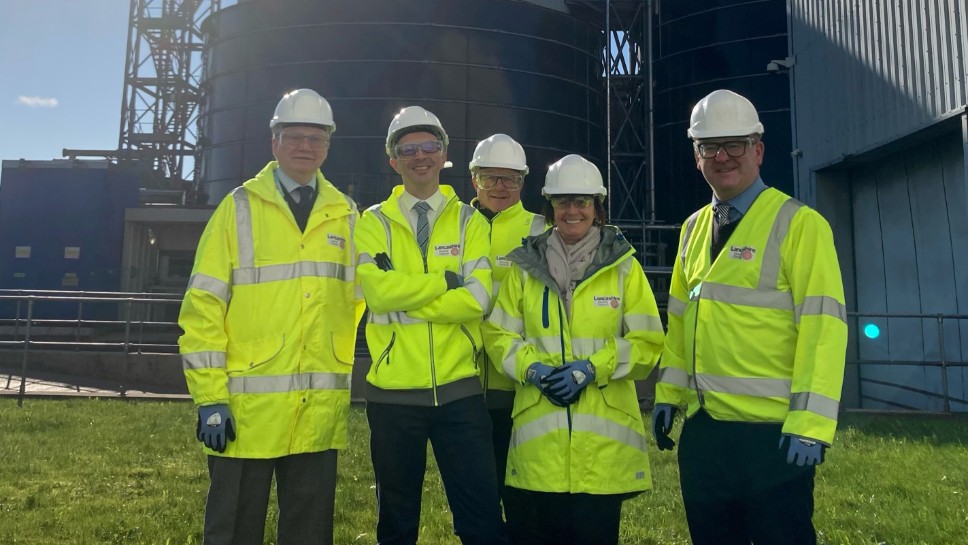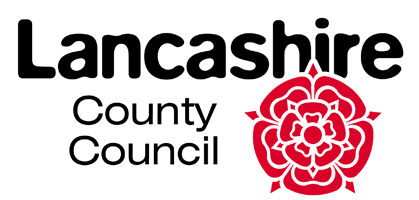
Lancashire's waste recycling is set to be revolutionised
Preparations are being made for a quiet revolution, which is about to take place in waste recycling in Lancashire.
Existing equipment at Farington Waste Recovery Park will be used to convert food waste into electricity.
It is planned that waste food will be collected from homes across the county by early 2026.
To find out more, councillors went on a fact-finding mission to discover how the waste recovery park is currently run, and what will happen to residents' food caddy waste once collections begin.
Councillor Shaun Turner, cabinet member for Environment and Climate Change, said: "It was fascinating to go around the waste recovery park and to see how much goes on behind the scenes.
"We saw where the general waste comes into the plant, and the journey it undertakes as it is processed.
"I'm really looking forward to the time it will be able to take on the new food waste processing scheme.
"What might surprise some people is how the existing processes and equipment ensures that any odours are captured and then neutralised.
"Walking around outside, you could be forgiven for not knowing that the plant is capable of processing half of Lancashire's waste."
Food waste is currently processed at Farington as part of the district councils' fortnightly general waste collections. Residents only have the option at the moment to put food waste in their household bins unless they compost it themselves.
Under the proposed scheme using food caddies, organic matter such as kitchen scraps will be collected weekly using specially designed new vehicles.
This will be deposited in a closed area of the waste recovery park, and packaging and contaminants removed by a press.
The resultant sludge will be held in a large airtight tank, where it breaks down and produces a biogas, which can be used to generate electricity.
All of the air from the treatment buildings is treated by a giant biofilter.
Councillor Phillipa Williamson said: "It was eye-opening to see behind the scenes. It is a very busy site with lots of complicated processes being undertaken. Everything was very well organised and extremely well run.
"The food waste caddies will really help us to make something out of nothing, as food waste is turned into electricity."
The Farington site is set to process around 30,000-40,000 tonnes of food scraps annually.
Thornton Waste Recovery Park also has equipment that could be used as a secondary site.
Notes to editors
Image caption: Leader of the county council, Councillor Phillippa Williamson was joined by Councillor Shaun Turner, cabinet member for Environment and Climate Change; County Councillor Aidy Riggott, cabinet member for Economic Development and Growth; County Councillor Rupert Swarbrick, cabinet member for highways and transport; and County Councillor Michael Green, cabinet member for Health and Wellbeing for a tour of the site
